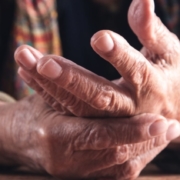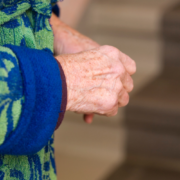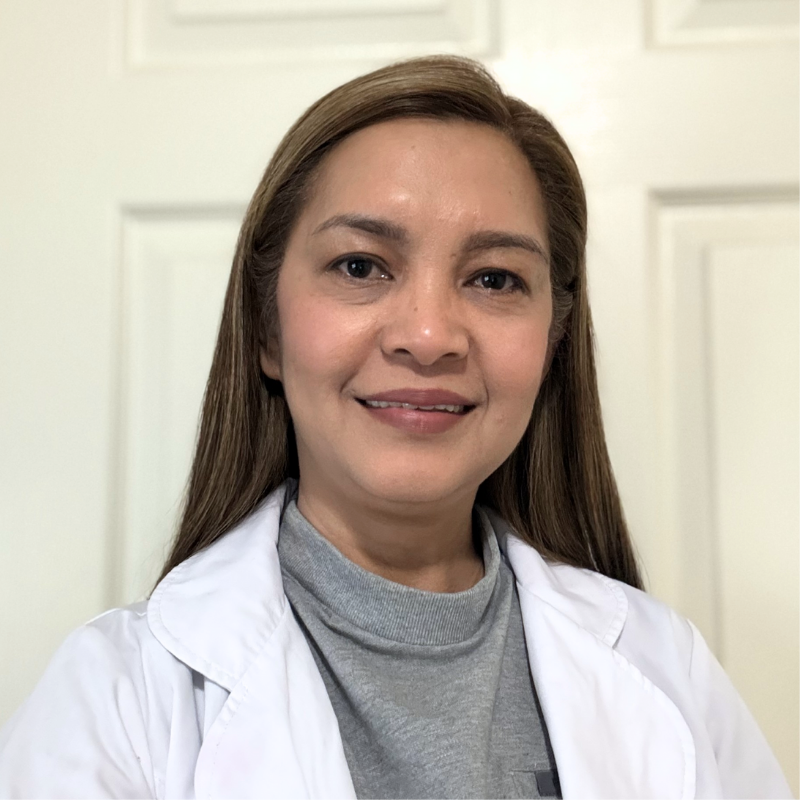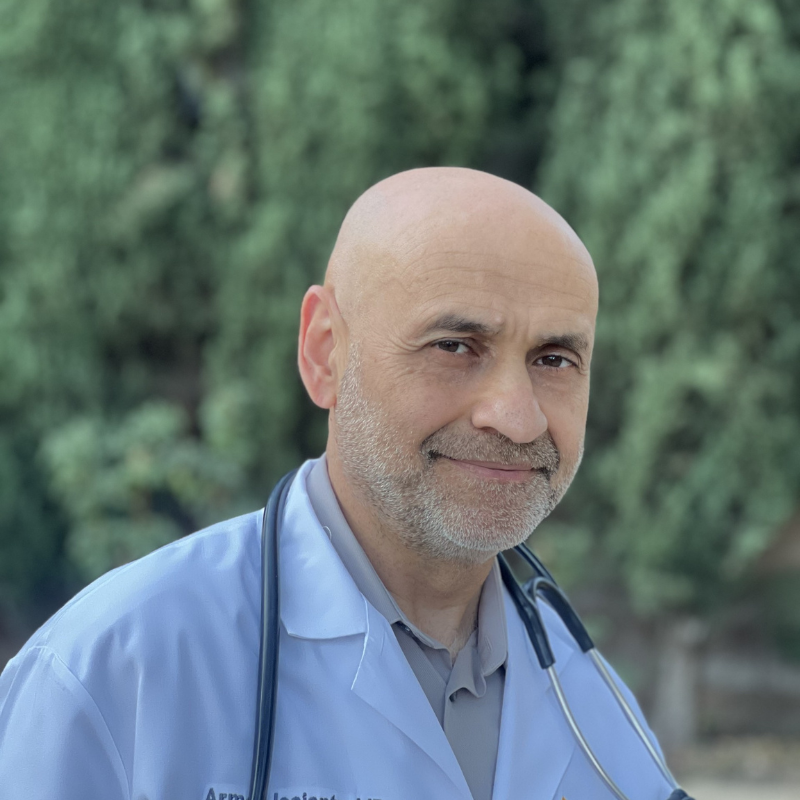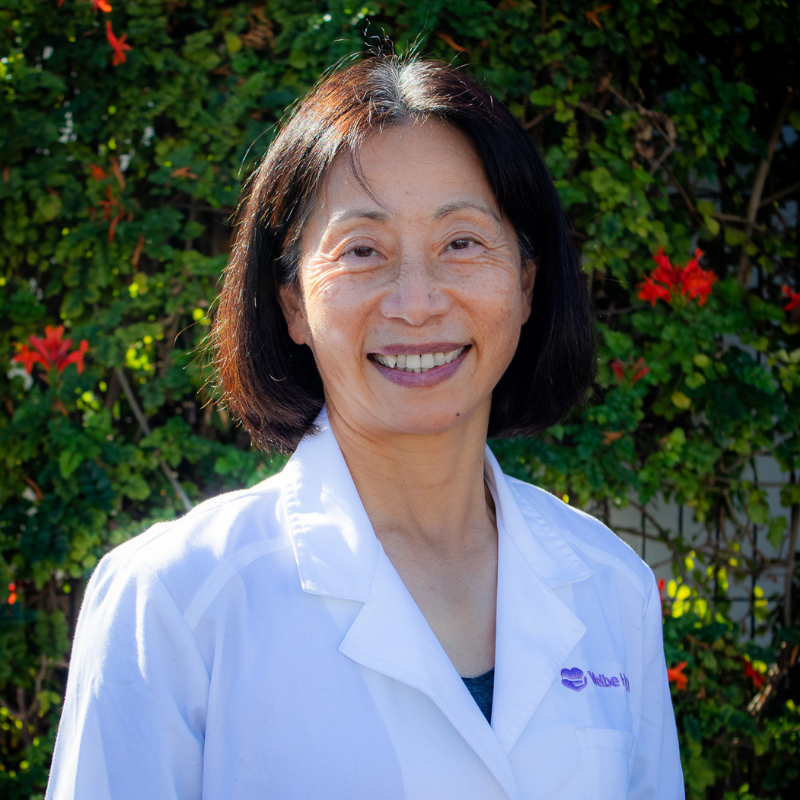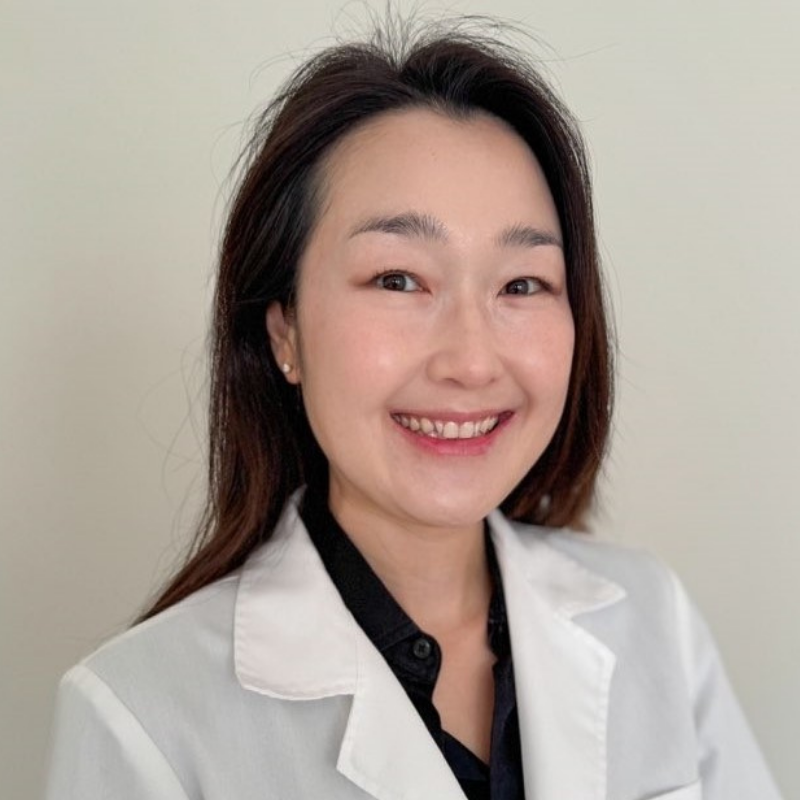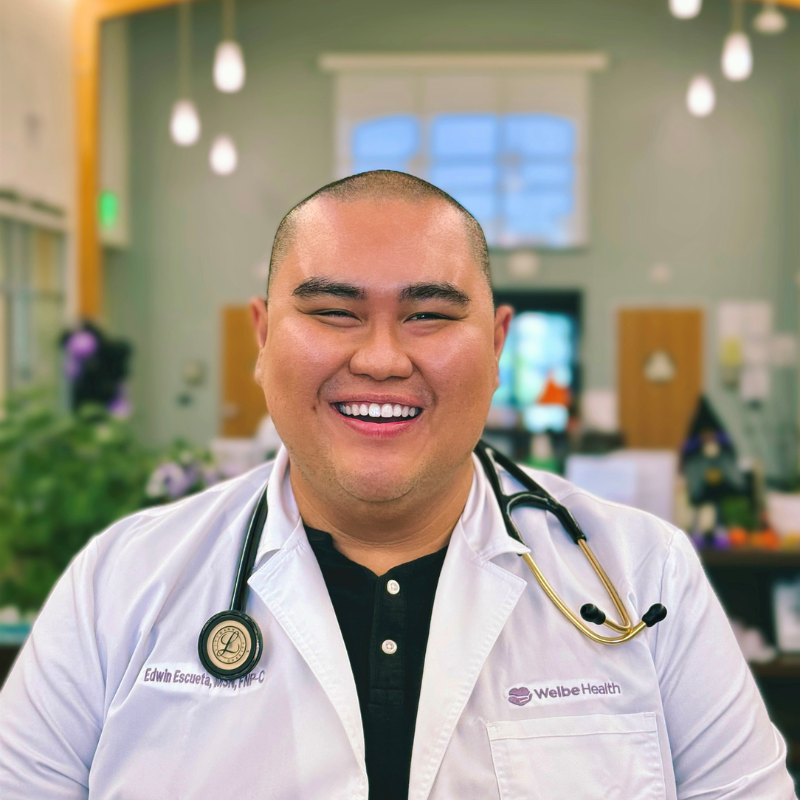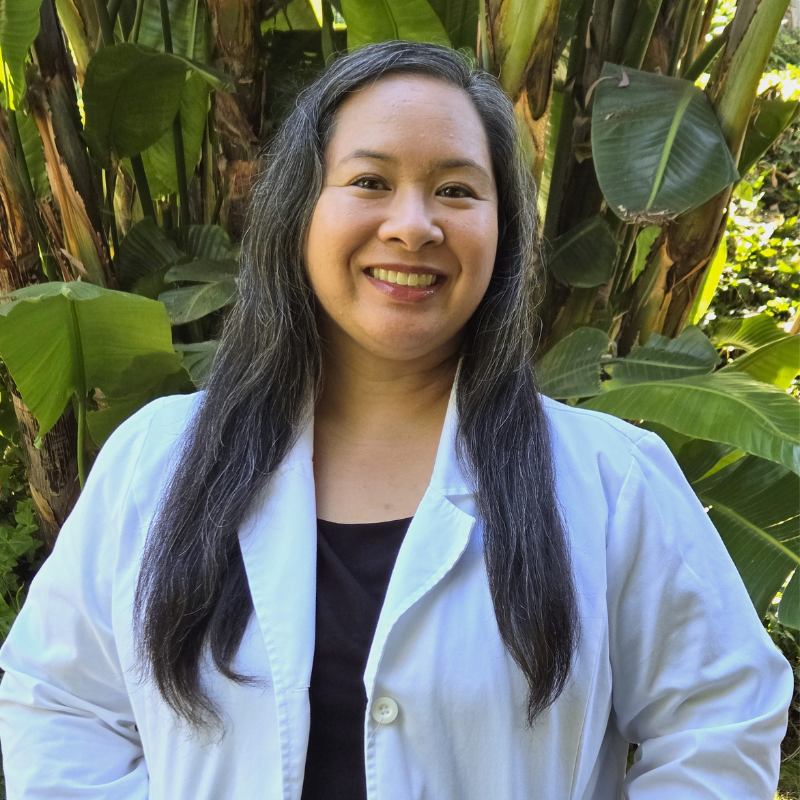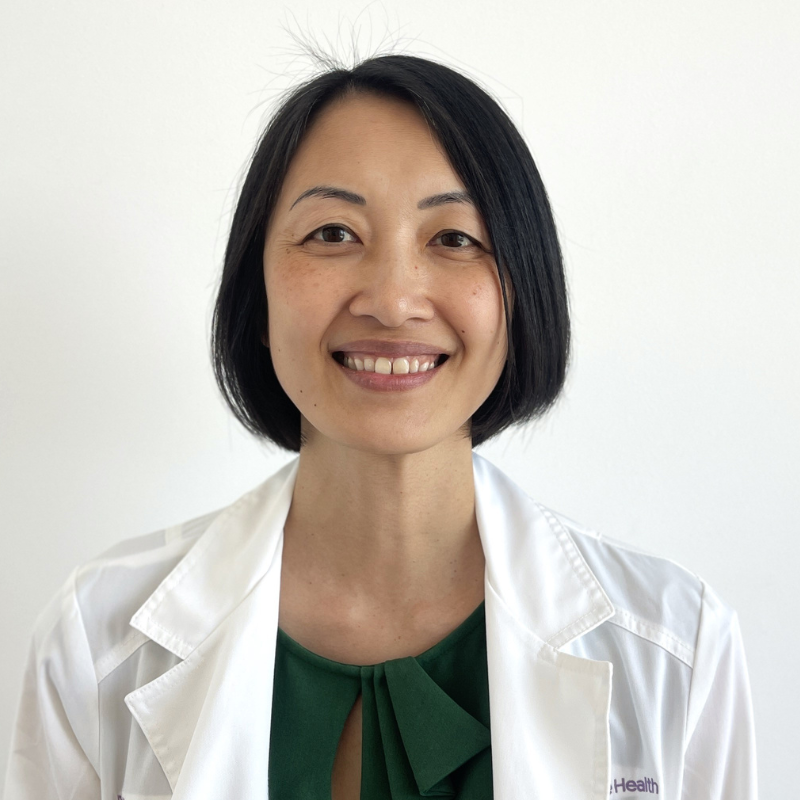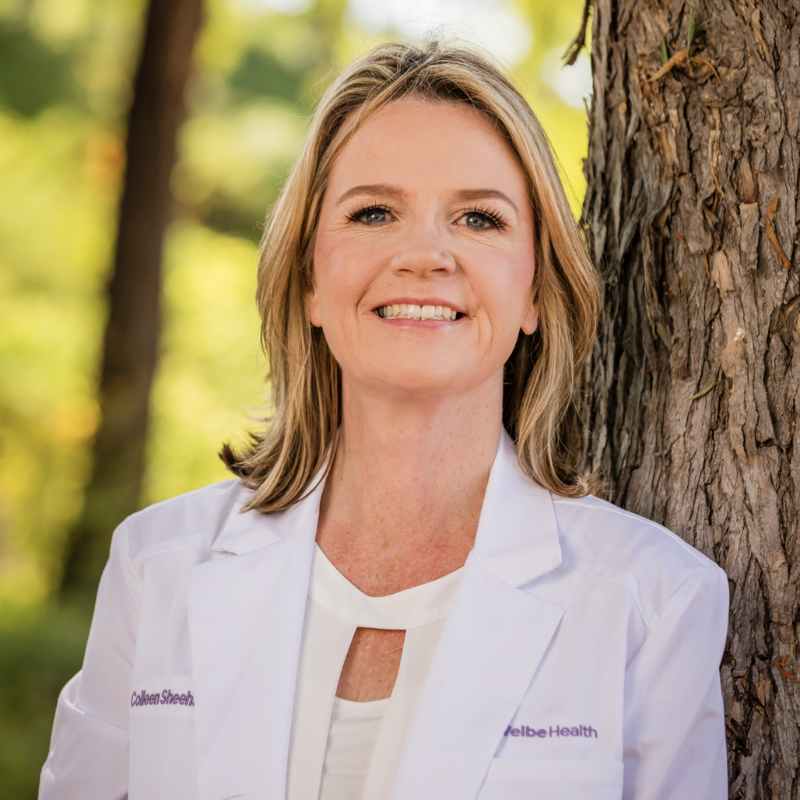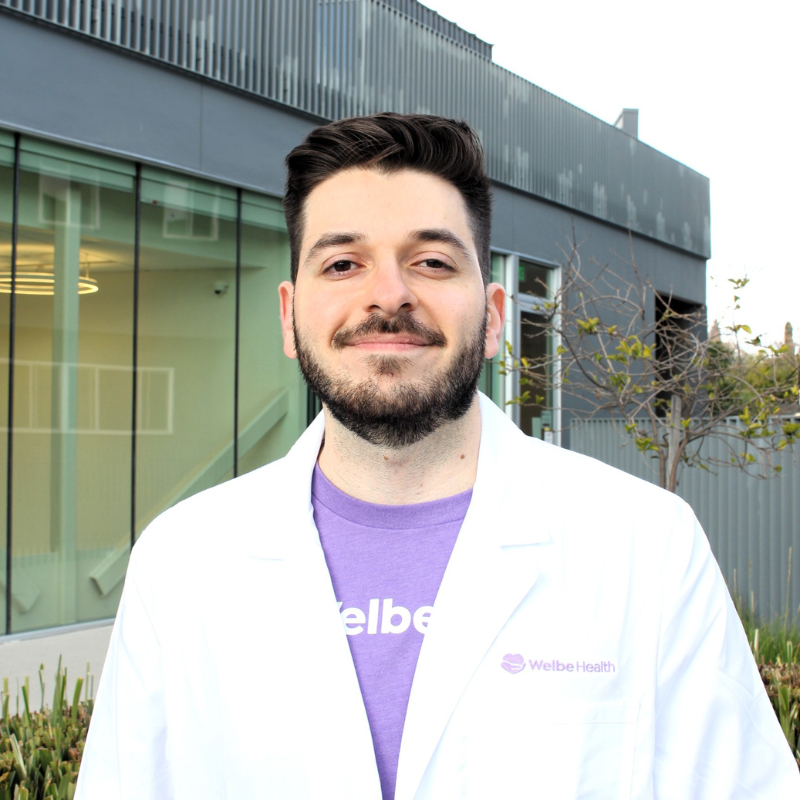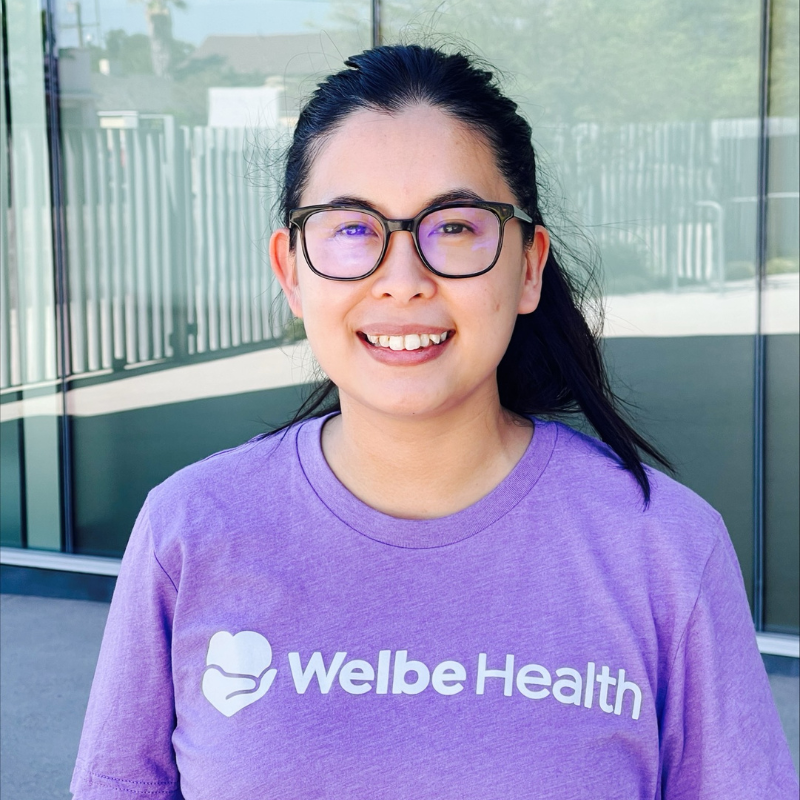May is Arthritis Awareness Month. Many of our participants are afflicted with this condition, including 1 in 4 Americans. The CDC recommends the following to help manage arthritis:
1. Learn new self-management skills.
Join a self-management education workshop, which can help you learn the skills to manage your arthritis and make good decisions about your health.How can a self-management education workshop help me?
Learning strategies to better manage your arthritis can help you:
- Feel more in control of your health.
- Manage pain and other symptoms.
- Carry out daily activities, like going to work and spending time with loved ones.
- Reduce stress.
- Improve your mood.
- Communicate better with your health care provider(s) about your care
2. Be active.
Physical activity is a simple and effective, non-drug way to relieve arthritis pain. Being physically active can reduce pain, improve function, mood, and quality of life for adults with arthritis. Regular physical activity can also reduce your risk of developing other chronic diseases, such as heart disease and diabetes. It can help you manage these conditions if you already have them.
Stay as active as your health allows, and change your activity level depending on your arthritis symptoms. Some physical activity is better than none.
The Physical Activity Guidelines for Americans recommend that adults be physically active at a moderate intensity for 150 minutes per week. Visit the health.gov website to learn more about the Physical Activity Guidelines for Americans.
Unsure about what kind of activity is safe?
Get more information about how to exercise safely with arthritis or find a community program near you. Physical activity community programs—like Enhanced®Fitness, Walk With Ease, and others—help adults with arthritis be healthier and reduce arthritis symptoms.
3. Talk to your doctor.
Talk to your doctor if you have joint pain and other arthritis symptoms. It’s important to get an accurate diagnosis as soon as possible so you can start treatment and work to minimize symptoms and prevent the disease from getting worse.
The focus of arthritis treatment is to
- Reduce pain.
- Minimize joint damage.
- Improve or maintain function and quality of life.
You can play an active role in controlling your arthritis by attending regular appointments with your health care provider and following your recommended treatment plan. This is especially important if you also have other chronic conditions, like diabetes or heart disease.
4. Manage your weight.
Losing excess weight and staying at a healthy weight is particularly important for people with arthritis. For people who are overweight or obese, losing weight reduces stress on joints, particularly weight bearing joints like the hips and knees. In fact, losing as little as 10 to 12 pounds can improve pain and function for people with arthritis. At any age, low-impact, arthritis-friendly physical activity (like walking) and dietary changes can help you lose weight.
5. Protect your joints.
Joint injuries can cause or worsen arthritis. Choose activities that are easy on the joints like walking, bicycling, and swimming. These low-impact activities have a low risk of injury and do not twist or put too much stress on the joints. Learn more about how to exercise safely with arthritis.
Sports- or work-related injuries to joints can increase the likelihood of developing osteoarthritis. To reduce the likelihood of developing or worsening osteoarthritis, take steps to minimize or prevent injuries to joints, such as wearing protective equipment and avoiding repetitive motion joint damage.
To learn more about PACE services, click here.
ID 143228964 © Andranik Hakobyan | Dreamstime.com
 Ivette Zoltzman comes to the WelbeHealth family from UCLA, where she worked in the outpatient clinic working on wound care patients, a job she loved. She now works as a Home Care RN, working for our Pacific PACE center in Pasadena. She joined the WelbeHealth team because she really wanted to make a difference in her patients’ lives. “Even if I made one person happy or touched their lives one way or another, I know I did my job right. As a nurse, I have the privilege of helping others when they are the most vulnerable,” she added.
Ivette Zoltzman comes to the WelbeHealth family from UCLA, where she worked in the outpatient clinic working on wound care patients, a job she loved. She now works as a Home Care RN, working for our Pacific PACE center in Pasadena. She joined the WelbeHealth team because she really wanted to make a difference in her patients’ lives. “Even if I made one person happy or touched their lives one way or another, I know I did my job right. As a nurse, I have the privilege of helping others when they are the most vulnerable,” she added.





 Alyssa Triyoes is Clinic RN at WelbeHealth’s LA Coast PACE center and prefers to go by Alice. The soon to be launched LA Coast PACE center will serve seniors in Long Beach and the surrounding areas. “I can’t wait for it to open” Alice said excitedly.
Alyssa Triyoes is Clinic RN at WelbeHealth’s LA Coast PACE center and prefers to go by Alice. The soon to be launched LA Coast PACE center will serve seniors in Long Beach and the surrounding areas. “I can’t wait for it to open” Alice said excitedly.